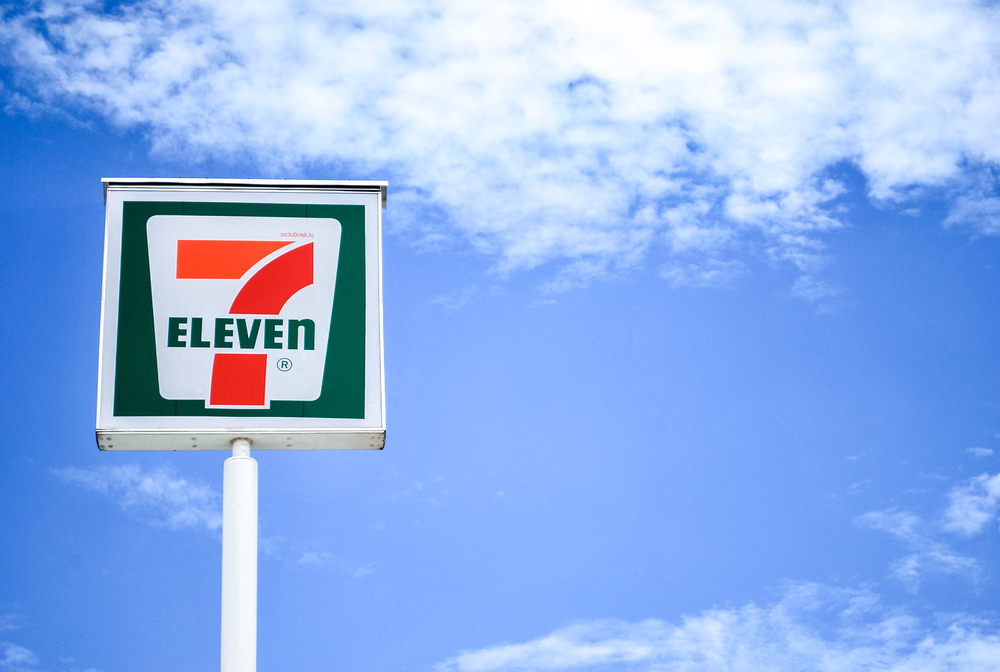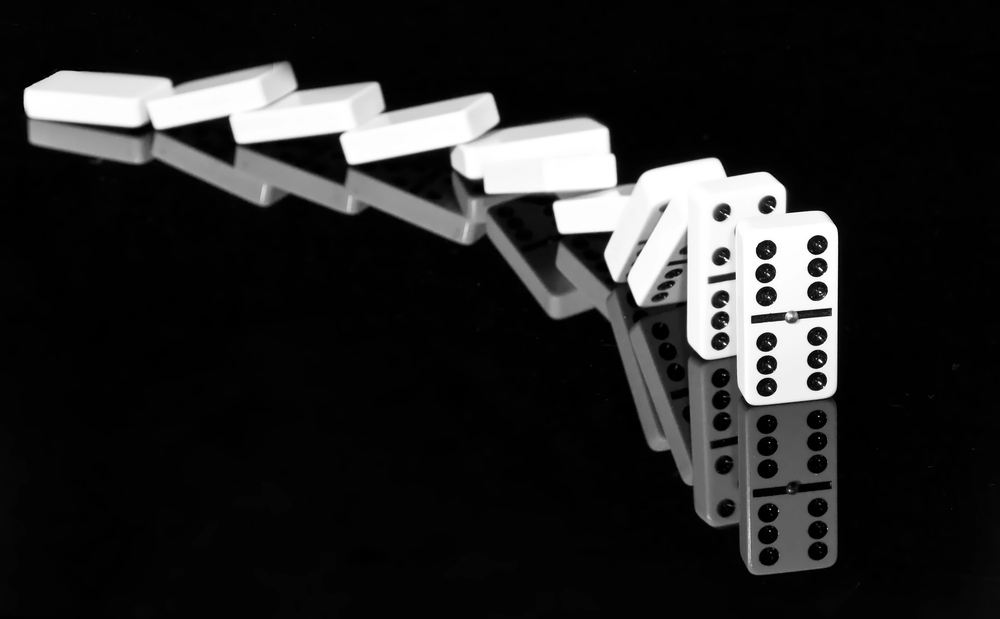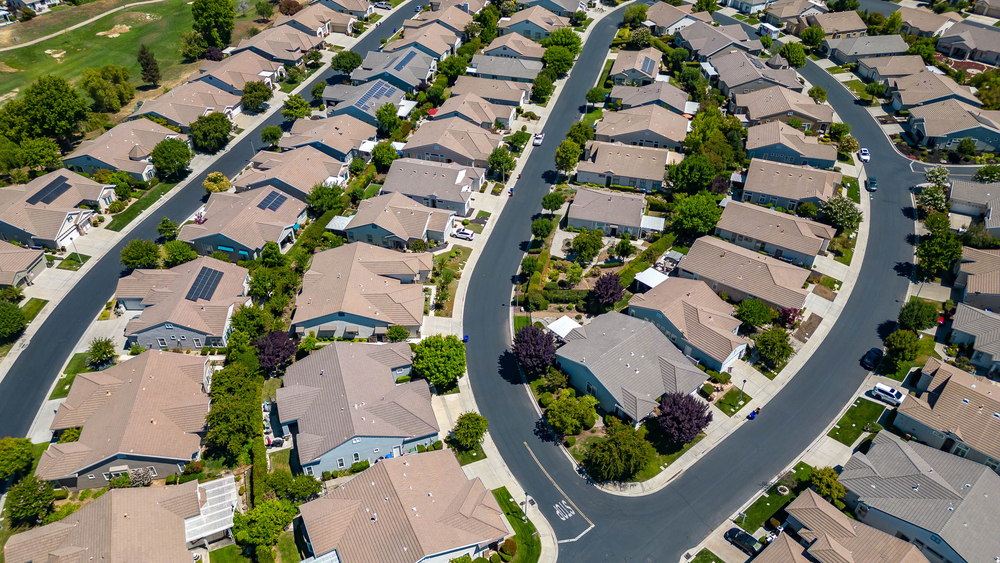Condo Policy: Personal Liability vs. Damage to Property of Others

By: Big “I” Virtual University Faculty
A client who lives in a condo and has an HO6 policy wants to know what will happen if he leaves his bathtub on and it overflows and damages the unit below. The policy includes Damage to Property of Others in the Liability—Additional Coverages section, but the coverage is only $1,000 and only applies to property inside the client’s unit. For example, if the client has a visitor who brings an expensive camera, and then the camera is damaged when the client accidentally sits on it, it sounds like the liability coverage would only apply to a scenario like that.
Q: How is damage to other condo units covered?
Response 1: The bathtub situation is a covered loss under the liability section. The Damage to Property of Others section is only a courtesy coverage for minor liability losses or those where Coverage E—Personal Liability is excluded.
Liability Coverage E – Personal Liability in the form provides your client with protection against property damage claims arising from accidents occurring on and off the client’s condo unit location, including water damage to the unit below. The policy will pay up to the liability occurrence limit shown on the declarations page.
Liability coverage is very broad. It covers all bodily injury and property damage unless excluded. There is no exclusion for this loss, so it is covered. Think of an insured who might accidentally cause a fire to burn down a condominium building or a renter who might burn down a large apartment building. That is what their policy is there for—and in that case, they’d better have an umbrella too!
Response 2: The unit beneath your client’s unit is covered under the property damage portion of the policy. The Damage to Property of Others coverage is one of the policy’s Liability—Additional Coverages sections and is provided in addition to, not in lieu of, the personal liability coverage described above. Claim expenses including defense costs are another one of these Liability—Additional Coverages.
Your camera example is an appropriate example for something the Damage to Property of Others coverage would cover. Damage to the association’s property in the insured’s unit would also be covered there.
Response 3: This would be a liability loss because the insured’s negligence caused damage to another’s property. The same coverage would respond if damage occurred to an association-owned part of the building.
This is why condo unit owners need substantial personal umbrella policies. Water damage to adjacent units, setting fire to the complex and similar events can be expensive.
Check the homeowners association bylaws, as well as the master deed and state condo laws to determine what is the responsibility of the association or the individual unit owner. Damage may be handled by the association with the costs later assessed to the responsible unit owner or multiple owners. Be sure your insured has the increased coverage for loss assessments added to the policy.
This question was originally submitted by an agent through the Big “I” Virtual University’s (VU) Ask an Expert service, with responses curated from multiple VU faculty members. Answers to other coverage questions are available on the VU website. If you need help accessing the website, request login information.
This article is intended for general informational purposes only, and any opinions expressed are solely those of the author(s). The article is provided “as is” with no warranties or representations of any kind, and any liability is disclaimed that is in any way connected to reliance on or use of the information contained therein. The article is not intended to constitute and should not be considered legal or other professional advice, nor shall it serve as a substitute for obtaining such advice. If specific expert advice is required or desired, the services of an appropriate, competent professional, such as an attorney or accountant, should be sought.










